The moratorium runs through December 31, 2020.
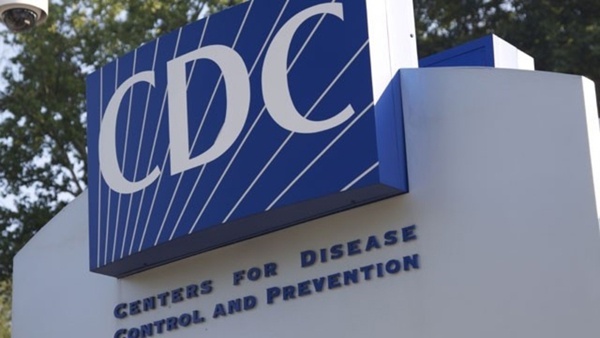
(Undated) - One way to prevent the spread of COVID-19 is to stay home.
That is easier said than done if you don’t have a home.
Due to the pandemic, the Centers for Disease Control and Prevention (CDC), located within the Department of Health and Human Services (HHS) has issued an Order of the Public Health Act to temporarily halt residential evictions to prevent the further spread of COVID-19.
The Order went into effect on September 4 and will run through December 31.
Under the Order, a landlord, owner or residential property, or other person with legal right to pursue eviction or possessory action, shall not evict any covered person from any residential property in any jurisdiction to which this Order applies during the effective period.
The order does not relieve any individual from any obligation to pay rent, make a housing payment, or comply with any other obligation that an individual may have under a tenancy, lease, or similar contract.
Individuals will be protected from eviction during the moratorium under the following conditions:
- the individual has used best efforts to obtain all available government assistance for rent or housing;
- the individual either (i) expects to earn no more than $99,000 in annual income for Calendar Year 2020 (or no more than $198,000 if filing a joint tax return),[6] (ii) was not required to report any income in 2019 to the U.S. Internal Revenue Service, or (iii) received an Economic Impact Payment (stimulus check) pursuant to Section 2201 of the CARES Act;
- the individual is unable to pay the full rent or make a full housing payment due to substantial loss of household income, loss of compensable hours of work or wages, a lay-off, or extraordinary [7] out-of-pocket medical expenses;
- the individual is using best efforts to make timely partial payments that are as close to the full payment as the individual's circumstances may permit, taking into account other nondiscretionary expenses; and
- eviction would likely render the individual homeless—or force the individual to move into and live in close quarters in a new congregate or shared living setting—because the individual has no other available housing options.
When the moratorium ends on December 31, landlords may ask for all missed payments and/or make evictions.
For more information, visit https://www.federalregister.gov/documents/2020/09/04/2020-19654/temporary-halt-in-residential-evictions-to-prevent-the-further-spread-of-covid-19.

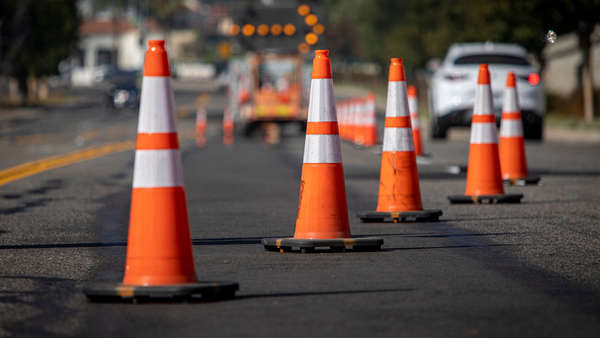 Intersection Improvement Work Planned in Greendale
Intersection Improvement Work Planned in Greendale
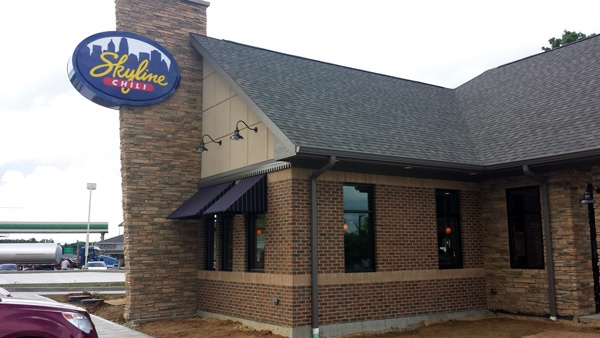 Skyline Chili Named #1 Regional Fast Food Restaurant
Skyline Chili Named #1 Regional Fast Food Restaurant
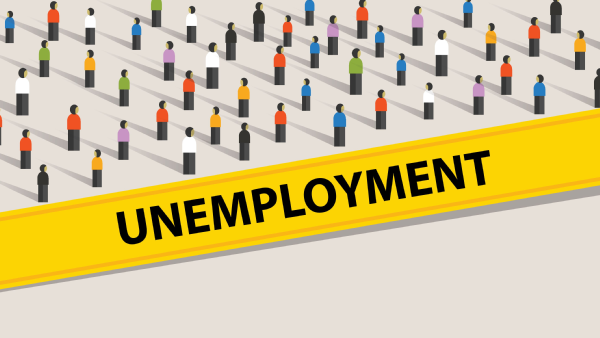 Indiana Unemployment Rate Improves in June
Indiana Unemployment Rate Improves in June
 Sunman-Dearborn Schools Endowment Corporation to Provide Free K-5 School Supplies
Sunman-Dearborn Schools Endowment Corporation to Provide Free K-5 School Supplies
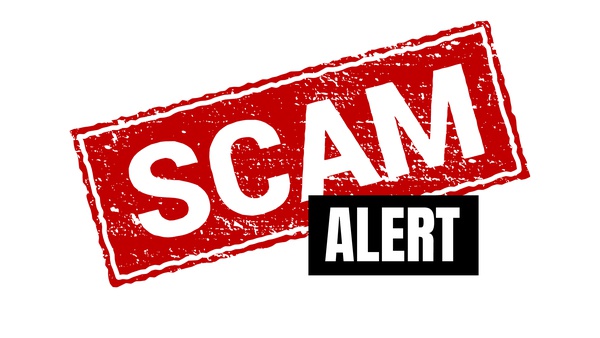 Kentuckians Warned of Continued Text Message Scam Posing as State Agency
Kentuckians Warned of Continued Text Message Scam Posing as State Agency
 Work Continues on Clifty Drive in Madison
Work Continues on Clifty Drive in Madison













